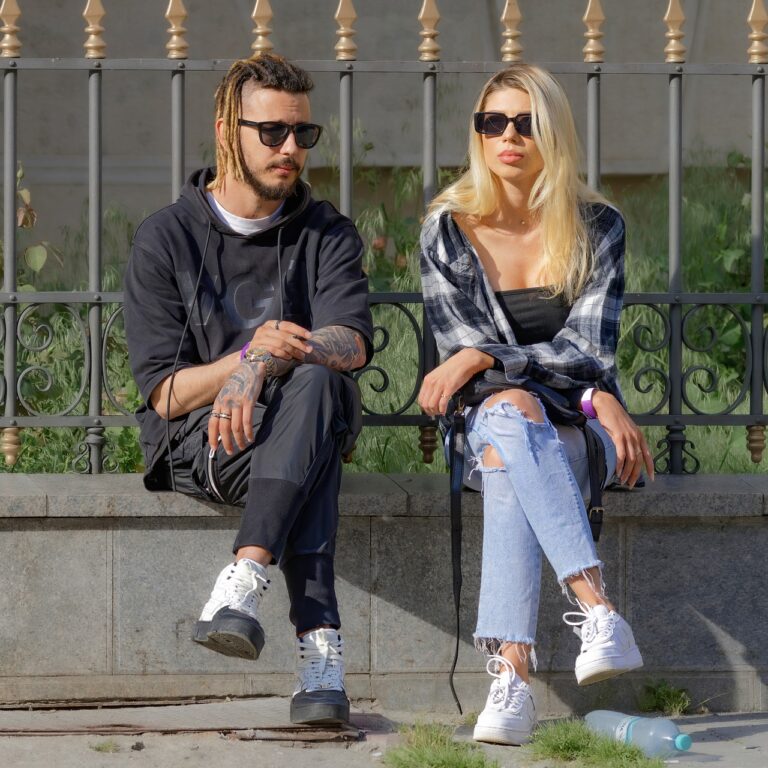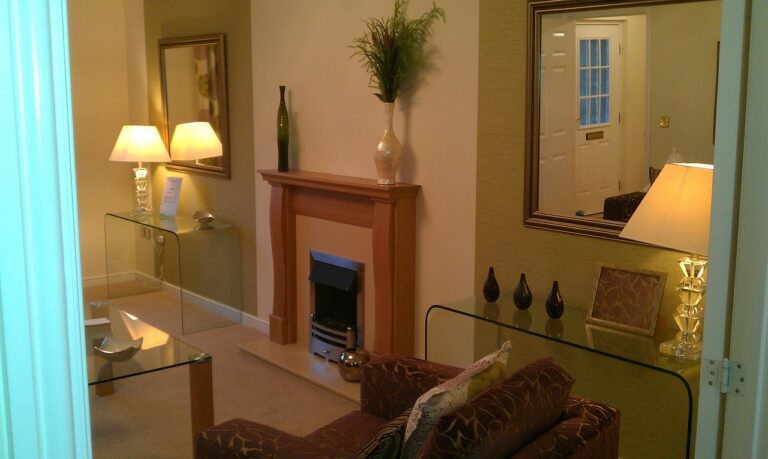The Psychology of Mindful Creativity: Nurturing Artistic Expression
Engaging in mindful creativity can lead to a deeper sense of self-awareness and emotional regulation. By being present in the moment while engaging in creative activities, individuals can learn to better understand and control their thoughts and emotions. This heightened awareness can result in improved mental well-being and reduced stress levels.
Furthermore, practicing mindful creativity can enhance problem-solving skills and foster innovation. Approaching creative tasks with a mindful mindset allows individuals to think more clearly and generate unique ideas. This can not only boost creativity but also improve cognitive function and overall productivity.
• Engaging in mindful creativity can lead to a deeper sense of self-awareness and emotional regulation.
• By being present in the moment while engaging in creative activities, individuals can learn to better understand and control their thoughts and emotions.
• This heightened awareness can result in improved mental well-being and reduced stress levels.
• Practicing mindful creativity can enhance problem-solving skills and foster innovation.
• Approaching creative tasks with a mindful mindset allows individuals to think more clearly and generate unique ideas.
• This can not only boost creativity but also improve cognitive function and overall productivity.
Understanding the Connection Between Mindfulness and Creativity
Mindfulness and creativity are intrinsically linked in the way they both involve heightened awareness and focus. When individuals practice mindfulness, they are encouraged to be fully present in the moment, observing thoughts and sensations without judgment. This level of attentiveness can lead to enhanced creativity as it allows for a deep exploration of ideas and emotions without the interference of distractions.
Moreover, mindfulness promotes a state of openness and curiosity that is beneficial for fostering creative thinking. By being fully engaged in the present moment, individuals are more attuned to their surroundings and inner experiences, which can inspire new perspectives and ideas. This heightened awareness enables individuals to tap into their creative potential and approach challenges with a fresh and innovative mindset.
Techniques for Cultivating a Mindful Creative Practice
One effective technique for fostering a mindful creative practice is setting aside dedicated time for creativity. By carving out specific periods in your day or week to engage in creative activities, you create a routine that helps cultivate a sense of mindfulness and focus. This practice allows you to immerse yourself fully in the creative process without distractions, enabling you to tap into your inner creativity and explore new ideas without reservations.
Another valuable technique is incorporating mindfulness exercises into your creative routine. Activities such as meditation, deep breathing, or gentle yoga can help center your mind, increase awareness of the present moment, and enhance your creative flow. By grounding yourself in the present through mindful practices, you can better connect with your thoughts, emotions, and surroundings, leading to a more profound and authentic creative expression.
What are some benefits of engaging in mindful creativity?
Engaging in mindful creativity can help reduce stress, improve focus and concentration, enhance problem-solving skills, increase self-awareness, and boost overall well-being.
How are mindfulness and creativity connected?
Mindfulness can help enhance creativity by promoting a state of presence and awareness, allowing individuals to fully immerse themselves in the creative process without judgment or distractions.
What are some techniques for cultivating a mindful creative practice?
Some techniques for cultivating a mindful creative practice include mindfulness meditation, deep breathing exercises, journaling, walking in nature, mindful photography, and mindful art-making.
How can mindfulness help improve the quality of creative work?
Mindfulness can help improve the quality of creative work by allowing individuals to tap into their inner creativity, focus on the present moment, and approach their work with a sense of curiosity, openness, and non-judgment.







